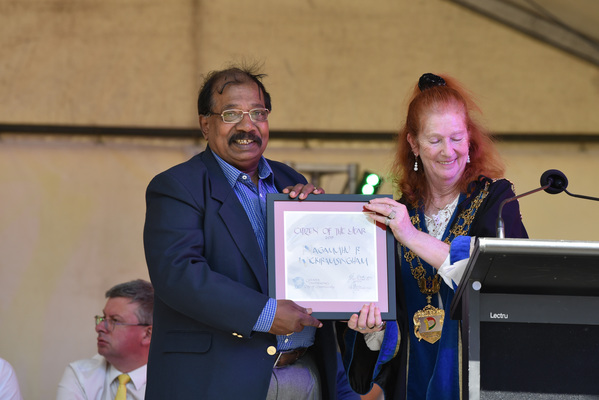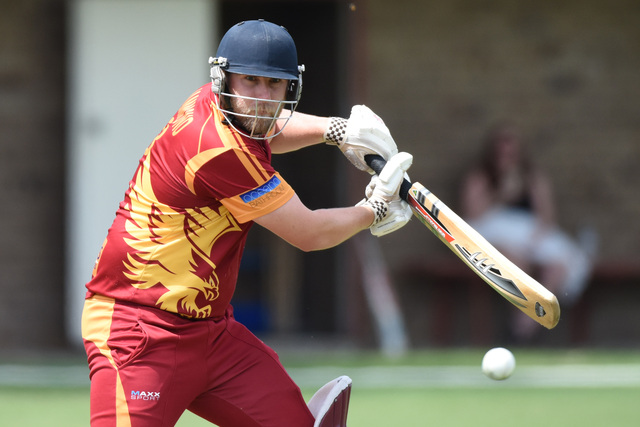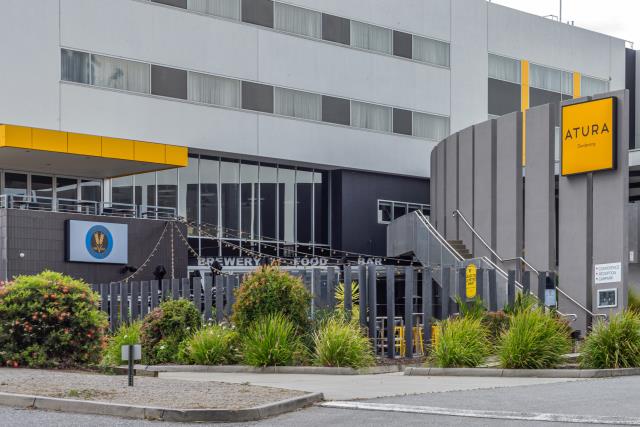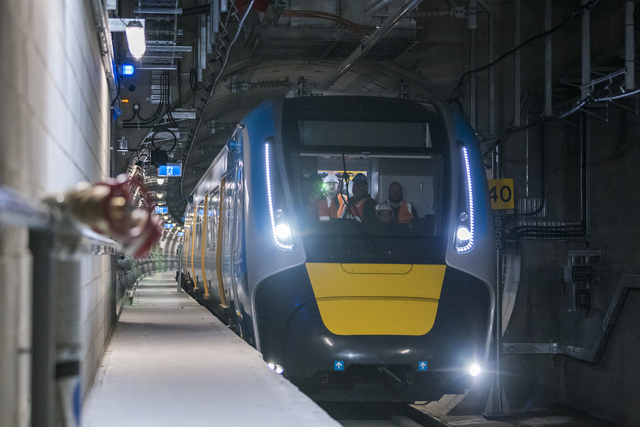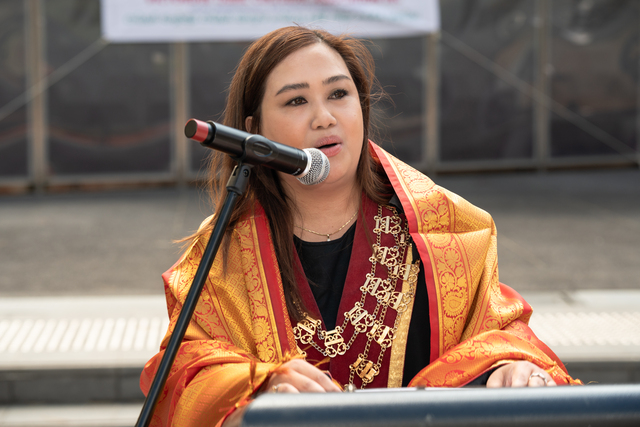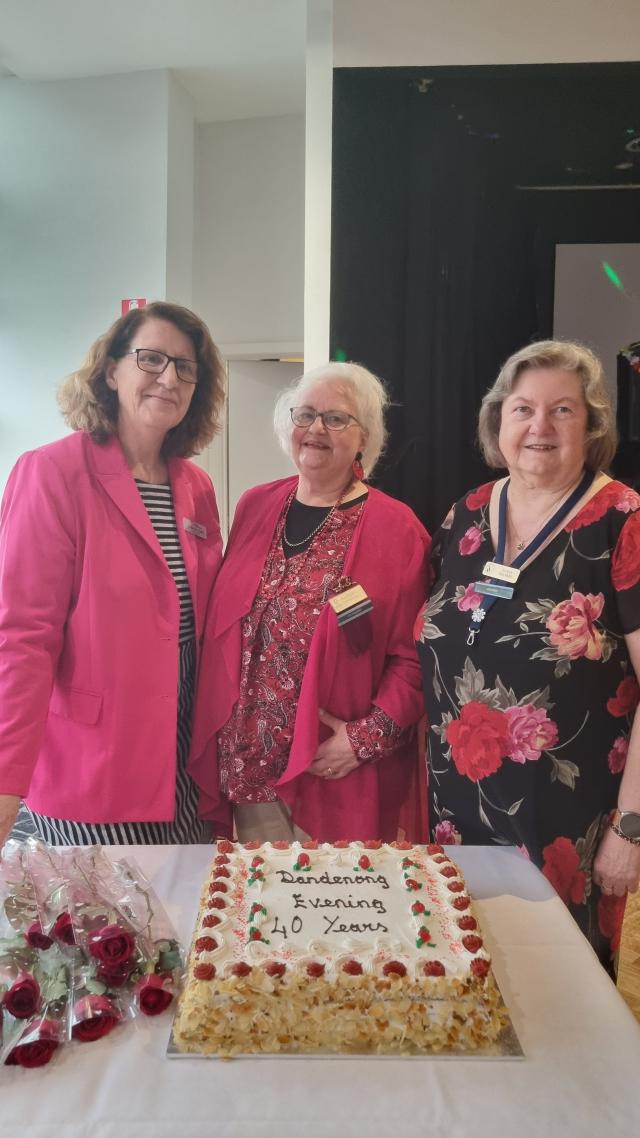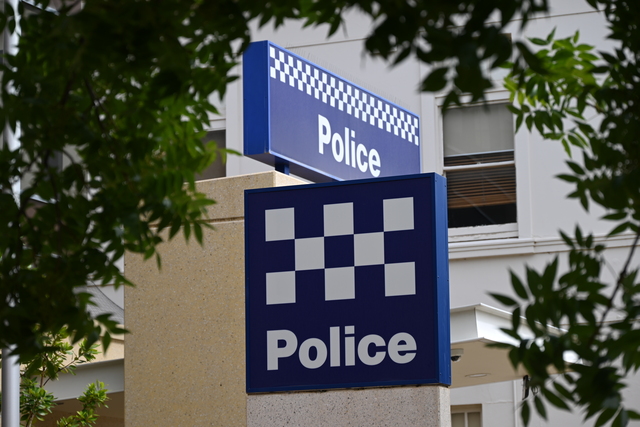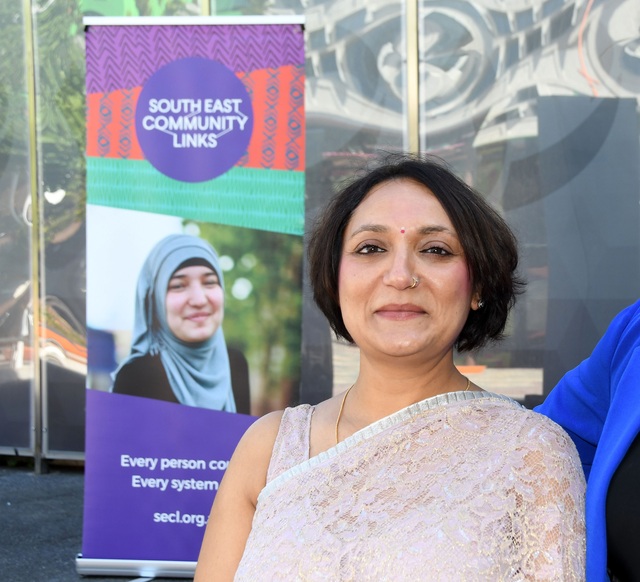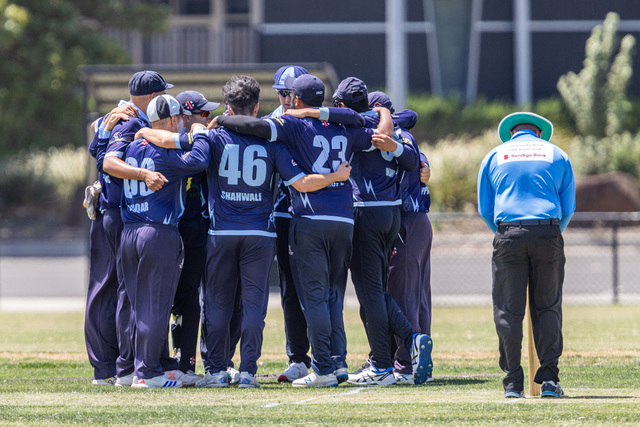A Tamil interpreter who worked at Australia’s off-shore detention centres has made a public plea for its captives.
Wicki Wickiramasingham, who was recently crowned as Greater Dandenong’s Citizen of the Year, has stopped working on Manus Island, Nauru and Christmas Island.
It means he feels free to speak out – not least against the much-vexed ‘medevac’ issue.
The Federal Government – supported by the ALP opposition – recently announced Christmas Island would be the destination for medical evacuations of asylum seekers from Manus Island and Nauru.
From his own experience, Mr Wickiramasingham can echo criticisms against the suitability of the Christmas Island’s medical centre.
It’s said to house just six beds, with no operating facilities for an island population of about 1400. Emergency surgical facilities on the Australian mainland are a five hour flight away.
“There’s no point taking patients from Manus Island to Christmas Island.
“You’re taking them out of the frying pan into the fire.”
Australia’s border protection regime needs revision, he says. But not to profit people smugglers whose sinking boats had killed many fleeing to our shores.
On the eve of a federal election, Mr Wickiramasingham is calling for the re-opening of Australia’s humanitarian program.
Processing officers should be sent overseas to select stricken people from war-torn areas, perhaps 200 in each region per year.
“This is the only way we can stop people smugglers.
“The reason the people smugglers exist is because there is no official visa for humanitarian refugees.”
For about 10 years, he interpreted as part of the Australian Red Cross for more than 1000 asylum seekers in off-shore detention.
His role was as a social worker, trying to speak up for improved living conditions for the islands’ detainees.
On Nauru, the situation was “desperate” for most asylum seekers.
Some had been lingering there for more than five years with no foreseeable end.
Depression, suicidal thoughts and mental illness were rife.
“They talk to themselves. They have no way of entertainment.
“Once in a blue moon they take them fishing with a guard.”
Despite stifling daytime temperatures, most detainees were supplied with only ceiling fans.
Only those under five were granted air-conditioning.
At home, Mr Wickiramasingham worries for the plight of asylum seekers in the local community.
Hundreds dwell in the limbo of three-year temporary protection visas (TPVs).
When the visas expire, they must re-apply and face the possibility of deportation.
The next Federal Government should be converting the TPVs to permanent visas, Mr Wickiramasingham said.
“They’ve spent their time here. Their children are in their school communities and living the Australian lifestyle.
“There are professionals – radiographers, engineers – from a refugee background who are going to contribute to this community.”

